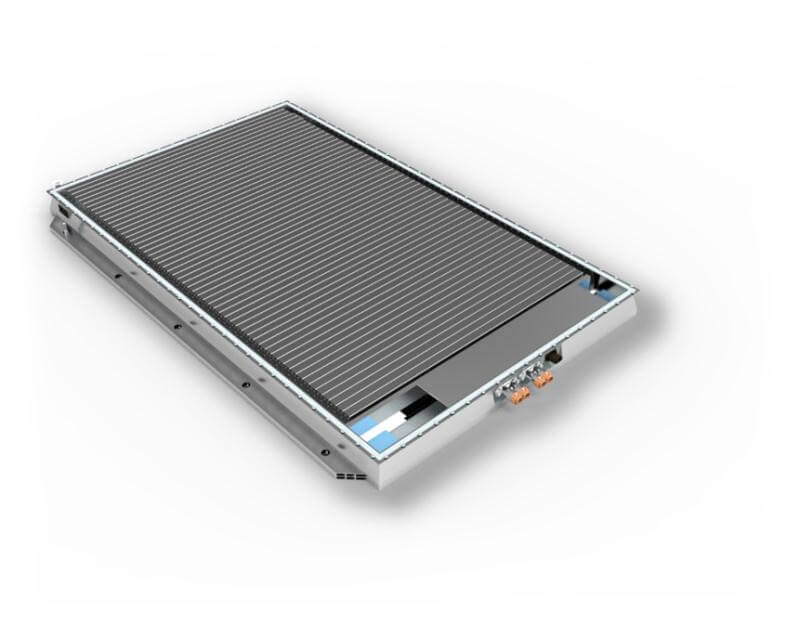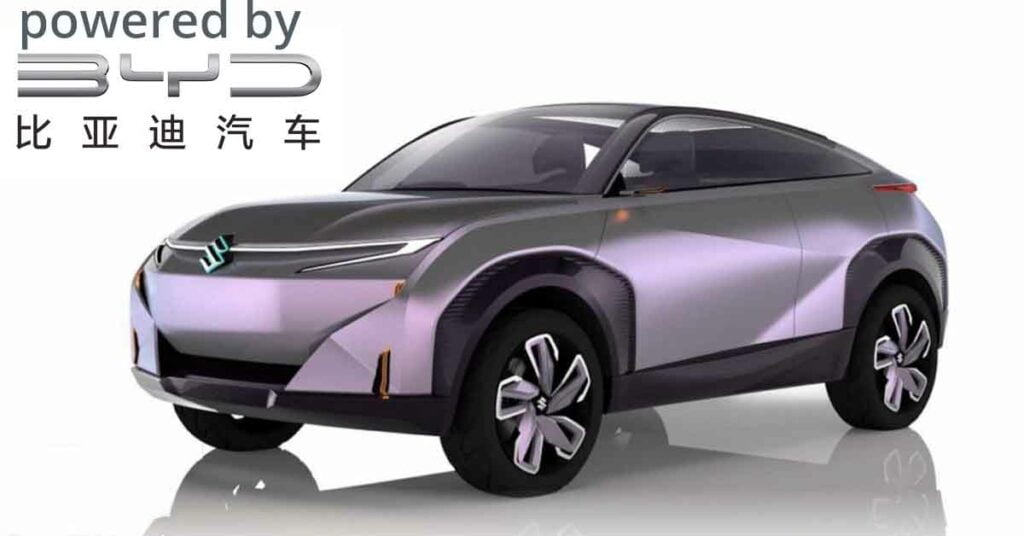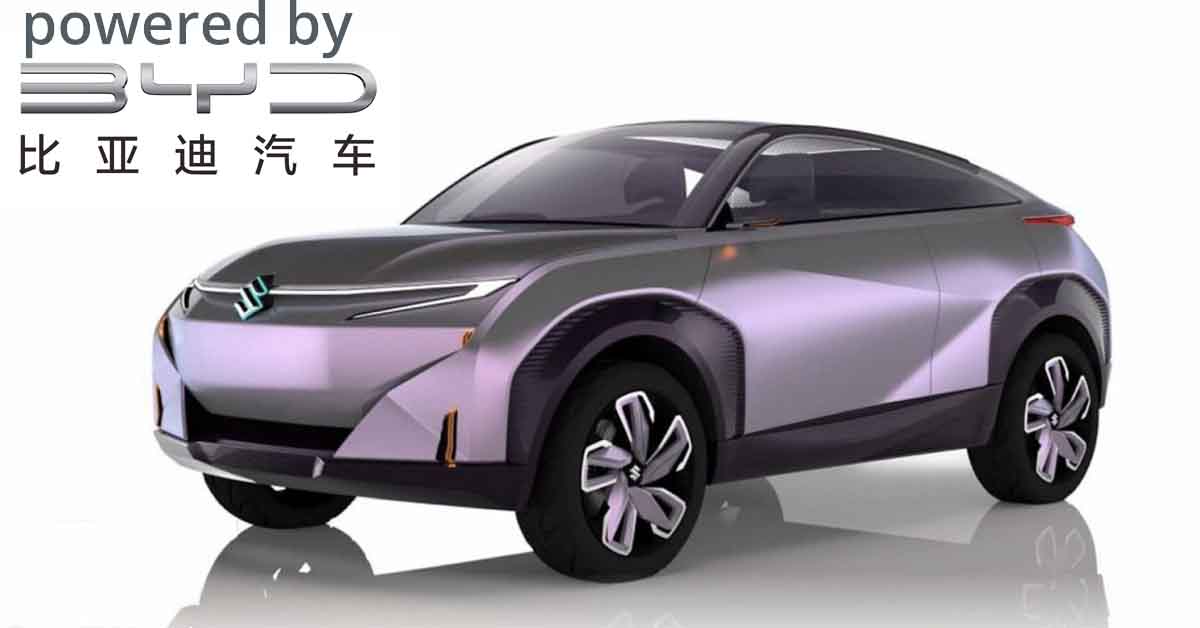The Maruti-Toyota partnership is going to be a landmark joint venture when Maruti decides to launch EVs in India. The global dominance and expertise of Toyota will help Maruti Suzuki in India in times to come.
Maruti and Toyota will bring an electric SUV as their first product in India with the Chinese battery (Blade Battery) from BYD. BYD has already launched its e6 in our market recently. However, it is available as a B2B product only. On December 14, 2021, Toyota has announced its plan to reduce its carbon footprint by planning to launch 30 new EVs by 2030 in the global market. When Maruti Suzuki decides to enter this space in our market, it will leverage its joint venture with Toyota to bring an SUV here to compete against the likes of Tata Nexon, MG ZS EV and Hyundai Kona Electric. But to keep the costs in check, we might see the LFP (Lithium Ferrous Phosphate) batteries that are developed by BYD.
You may also like: 5 Upcoming Electric Cars from Tata and Mahindra in 2022

You may also like: Mahindra to Unveil 3 eSUVs in July – To Be Designed by Pratap Bose
Maruti Toyota EV With BYD Battery
The battery technology is being developed at a rapid pace at various parts of the globe by various companies. Since the technology is still relatively new, the scope for innovation is massive. The aim is to develop batteries that could curb the range anxiety issue in potential EV buyers. Simultaneously, the energy density of the battery cells must be high for adequate performance and the safety aspect has to be taken into account while keeping the costs down. As you would imagine, taking care of all these relevant parameters is not an easy task. This presents lots of combinations and techniques to develop a battery pack. The most famous types of batteries are Lithium-Ion/Metal oxide like LFP, NMC (Nickel-Manganese-Cobalt) and NCA (Nickel-Cobalt-Aluminium).
However, there are various environmental issues related to the extraction of Cobalt. The Nickel-based battery packs also tend to be a bit dangerous in case of undesired events. The battery packs could catch fire easily compare to the LFP-powered batteries. BYD introduced its own version of LFP battery packs in 2020 which are safer, cheaper and more durable than all the aforementioned options. In this most stringent nail penetration test used for batteries, it performed significantly better than the rest.
You may also like: Toyota To Launch 10 Battery Electric Cars by 2025

You may also like: Tata Nano Electric Back in Limelight as Ratan Tata Becomes First Owner
Toyota has already an agreement with BYD that it could leverage to have these batteries in their upcoming EVs. Maruti Suzuki understands that the adoption of EVs is imminent although it might take some time. But its JV with Toyota (and Maruti) will ensure that its upcoming electric SUV (EV) will be cheaper due to the Blade Battery by BYD.
Source: Autocar India


